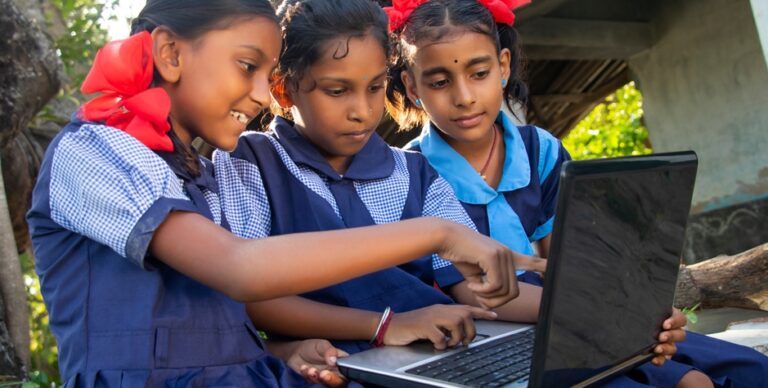Deadline: March 28, 2025
Nominations are open for the UNESCO King Hamad Bin Isa Al-Khalifa Prize for the use of ICT in Education 2025. UNESCO calls for nominations for the special 2025 edition on the theme “Preparing learners and teachers for the ethical and responsible use of artificial intelligence”.
The UNESCO King Hamad Bin Isa Al-Khalifa Prize for the Use of ICT in Education recognizes innovative approaches in leveraging new technologies to expand educational and lifelong learning opportunities for all, in line with the 2030 Agenda for Sustainable Development and its Goal 4 on education.
Established in 2005 with the support of the Kingdom of Bahrain, the Prize rewards individuals and organizations that are implementing outstanding projects and promoting the creative use of technologies to enhance learning, teaching and overall educational performance in the digital age.
2025 Theme
Theme of the 2025 edition: Preparing learners and teachers for the ethical and responsible use of artificial intelligence.
Education systems play a foundational role in helping both teachers and learners develop the AI competencies needed to navigate a world where AI is becoming increasingly pervasive. This requires cultivating critical AI literacy, including an understanding of how the technology works, its evolving capabilities, strengths, limitations, and risks. It involves not only technical knowledge but also ethical and critical awareness of AI tools. With critical AI competencies, teachers and learners can effectively steer AI use toward desired educational outcomes and contribute to the co-creation of future tools.
Within this context, the 2025 UNESCO ICT in Education Prize seeks to surface and spotlight best practices that empower young generations and education stakeholders with key AI skills, fostering critical thinking and enabling them to navigate and harness this transformative technology responsibly.
Prize
- Each prize winner receives US$ 25,000, a medal and a diploma during a ceremony at UNESCO Headquarters in Paris.
Eligibility
- Open to:
- Individuals
- institutions
- non-governmental organizations or other entities.
- Be relevant to the theme of the year;
- The project should be ongoing for at least 1 year;
- The project and its organization should not be affiliated to UNESCO or receive any funding from UNESCO;
- The project should be public and free of charge.
Selection Criteria
- Integrated approach to the use of AI: The project should demonstrate an integrated approach that addresses technical understanding of AI with critical reflection on implications on society and environment at large, ensuring that learners and educators not only develop practical AI skills but also cultivate the ability to evaluate, responsibly use, and co-create AI technologies in the project context.
- Pedagogical relevance: The project should demonstrate an alignment with sound pedagogical principles, with an intent to ensure that the design, content, and delivery methods are appropriate for the target groups.
- Promotion of inclusive learning opportunities: The project should consider inclusion in the design and implementation, so that they are equally accessible to all members in the target groups. The project can also be designed specifically for underserved communities such as refugees, learners with special educational needs, speakers of minority languages, etc.
- Evidence of progress: The project should provide proof of its results, including the number of individuals reached, impact on target groups, and other achievement of pre-set project targets. The project may consider building evidence base to inform scale-up or future adaptation.
- Potential for replicability and scalability: The project demonstrates the potential to be replicated in other contexts and shows promise for further optimization and scaling to expand its impact.
Nomination
For the application to be considered, it should be nominated by either the National Commission of the UNESCO Member State or an NGO in official partnership with UNESCO.
All applicants are encouraged to get in touch with the NGO or National Commission ahead of the application process. Self-nominations will not be accepted.
For more information, visit UNESCO King Hamad Bin Isa Al-Khalifa Prize.

